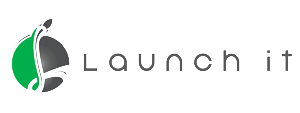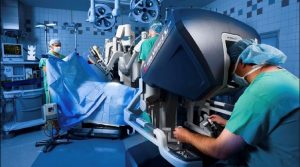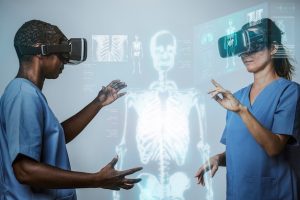Innovations and Technologies Shaping the Future of Medical Tourism
Medical tourism, the practice of traveling abroad to receive medical treatment, has witnessed a remarkable transformation over the years. The industry is not only driven by traditional factors such as cost savings and accessibility to treatments but is increasingly influenced by innovations and cutting-edge technologies in providing healthcare and medical tourism services. This article explores the pivotal role that a number of trending technologies and innovations play in the current and future perspective of medical tourism as well as challenges that all stakeholders and players should consider to shape the future of the industry.
Telemedicine and Virtual Consultations:
In recent years, telemedicine has emerged as a game-changer in the medical tourism sector. Patients can now connect with healthcare professionals across borders through virtual consultations, enabling them to seek expert advice and discuss treatment options without the need for physical travel. This not only enhances patient convenience but also expands the reach of medical expertise.
AI and Data Analytics:
Artificial Intelligence (AI) and data analytics are revolutionizing the way medical tourism operates. These technologies help streamline processes, personalize treatment plans, and predict outcomes with greater accuracy. Through AI, patients can receive tailored recommendations, and healthcare providers can optimize resource allocation and improve the overall quality of care.
Robotic Surgery:
The advent of robotic-assisted surgery has transformed the precision and effectiveness of certain medical procedures. Patients now have access to minimally invasive surgeries performed by robotic systems, leading to reduced recovery times, lower complication rates, and increased overall patient satisfaction. This has become a significant draw for medical tourists seeking advanced and efficient treatments.
Genomic Medicine:
As the field of genomics continues to advance, medical tourism is likely to see a surge in genetic diagnosis and personalized medicine. Patients may travel to destinations offering cutting-edge genomic treatments tailored to their unique genetic makeup, promising more effective and targeted interventions.
Augmented Reality (AR) and Virtual Reality (VR):
The integration of AR and VR technologies into medical tourism could redefine patient experiences. Before committing to a medical journey, patients may use VR to virtually tour healthcare facilities, consult with doctors, and even experience simulated versions of their procedures. This immersive approach could enhance transparency and help patients make more informed decisions.
Nanotechnology and Precision Medicine:
Nanotechnology holds the potential to revolutionize drug delivery systems and diagnostic tools. In the future, medical tourists may seek destinations that use nanotechnology for precise and efficient treatment modalities. This could significantly impact the success rates of therapies while minimizing side effects.
Blockchain in Healthcare:
Blockchain technology could address issues of data security and interoperability in medical tourism. Patients and healthcare providers could benefit from secure, transparent, and easily accessible health records, ensuring continuity of cares and follow-ups, and building trust in cross-border medical treatments.
Challenges and Ethical Considerations:
Regulatory framework challenges:
The diverse regulatory frameworks across countries pose challenges to the seamless integration of related technologies in providing medical services. Efforts toward international regulatory integrations are crucial to ensuring patient safety and maintaining ethical standards.
Data Privacy and Security:
With the increased reliance on technology, concerns about the privacy and security of patient data become paramount. Striking a balance between the benefits of data-driven healthcare and protecting patient information will be a crucial consideration for the industry.
Conclusion:
The evolving perspectives of medical tourism is intricately linked with the rapid advancements in innovations and technologies. As med-techs and related innovations continue to progress, the medical tourism sector has the potential to offer more personalized, efficient, and accessible healthcare solutions on a global scale where stakeholders and players of the industry should consider them and take the advantages in delivering services to patients and clients. However, addressing regulatory challenges and ethical considerations will be imperative to ensure the responsible and sustainable growth of this dynamic industry.









